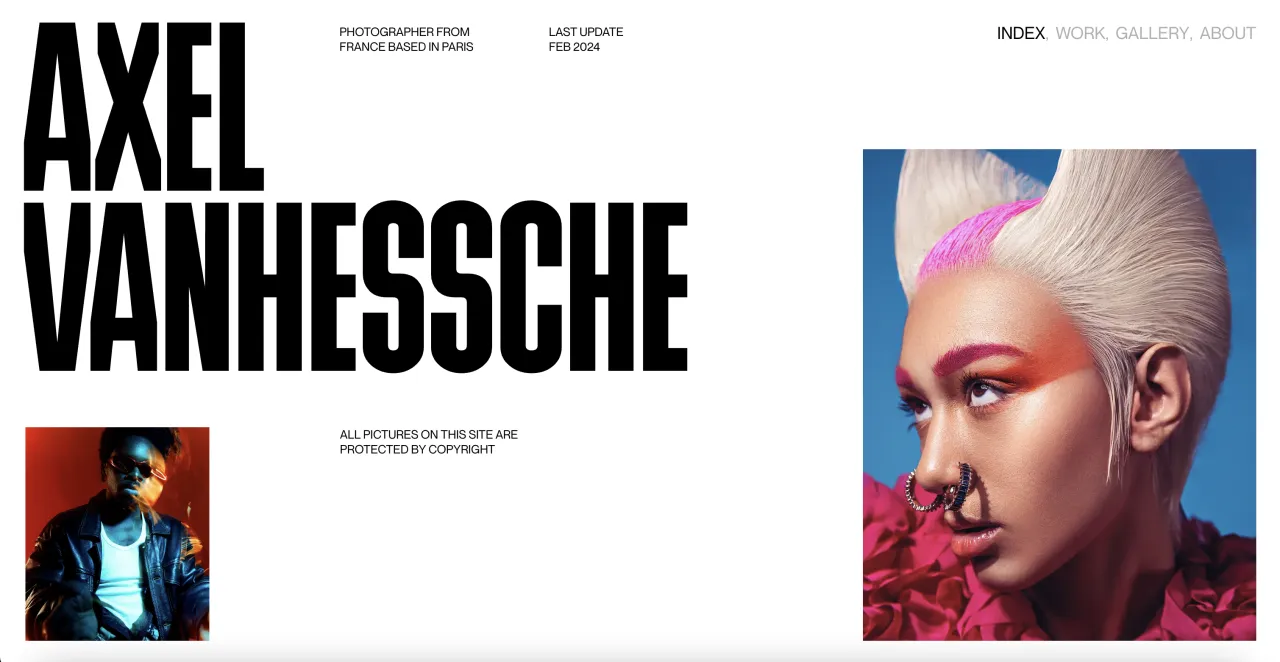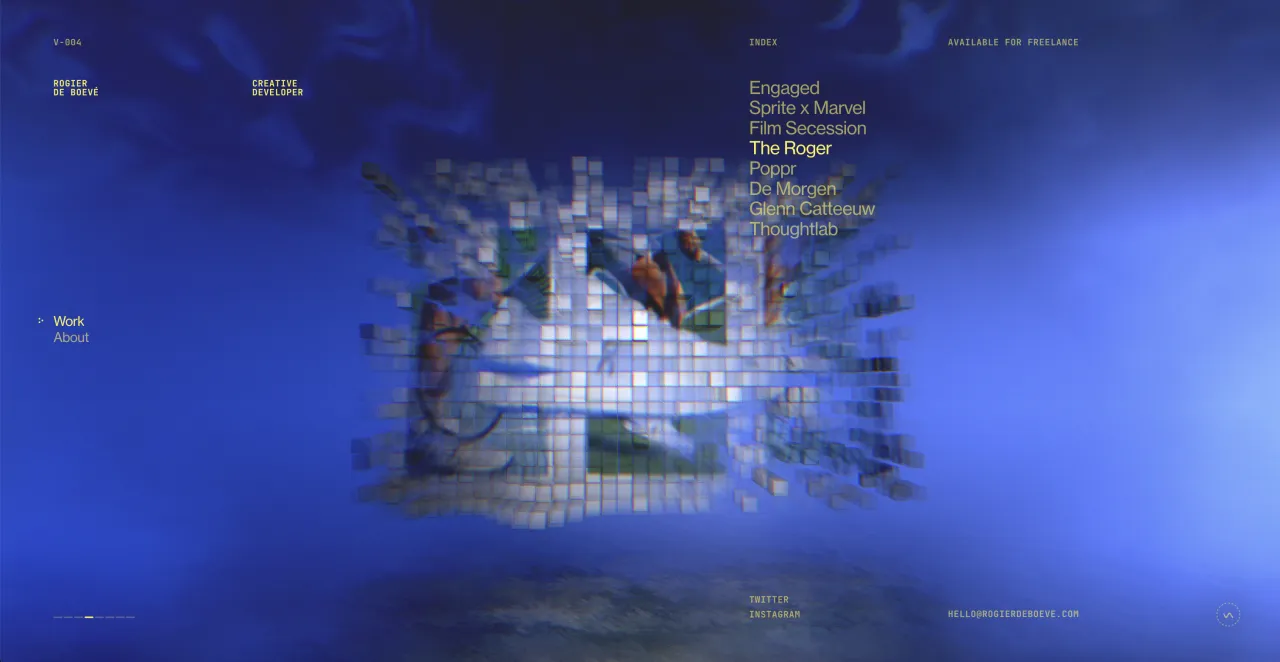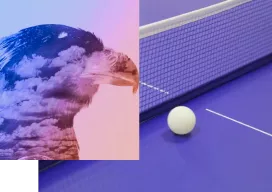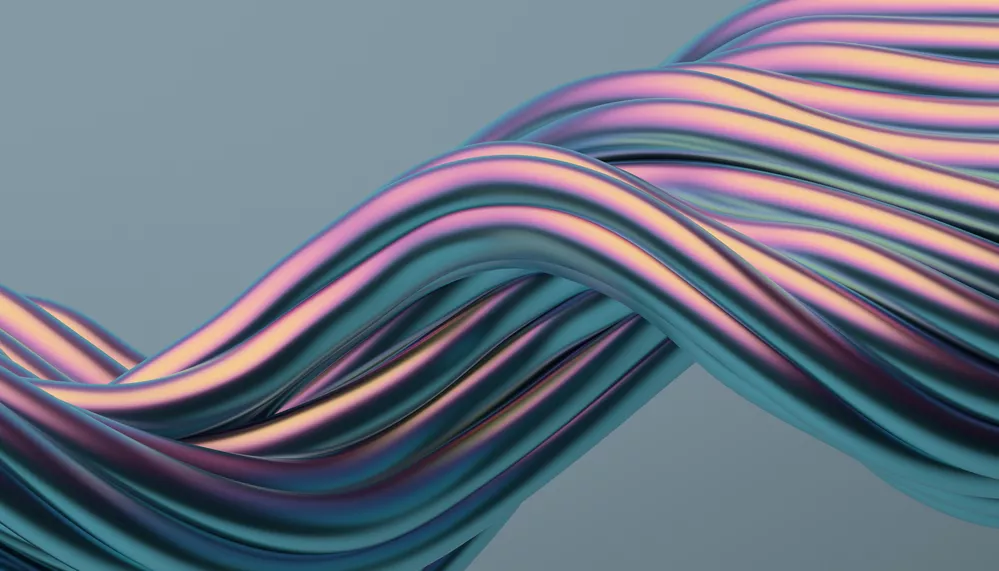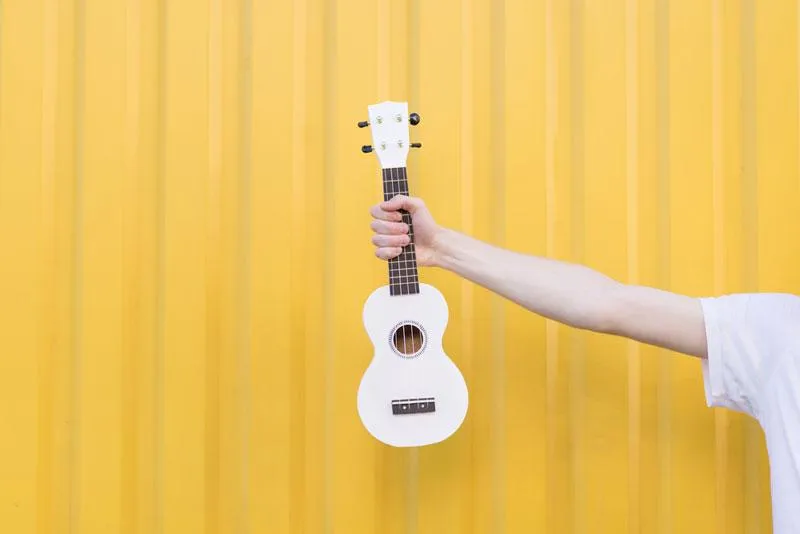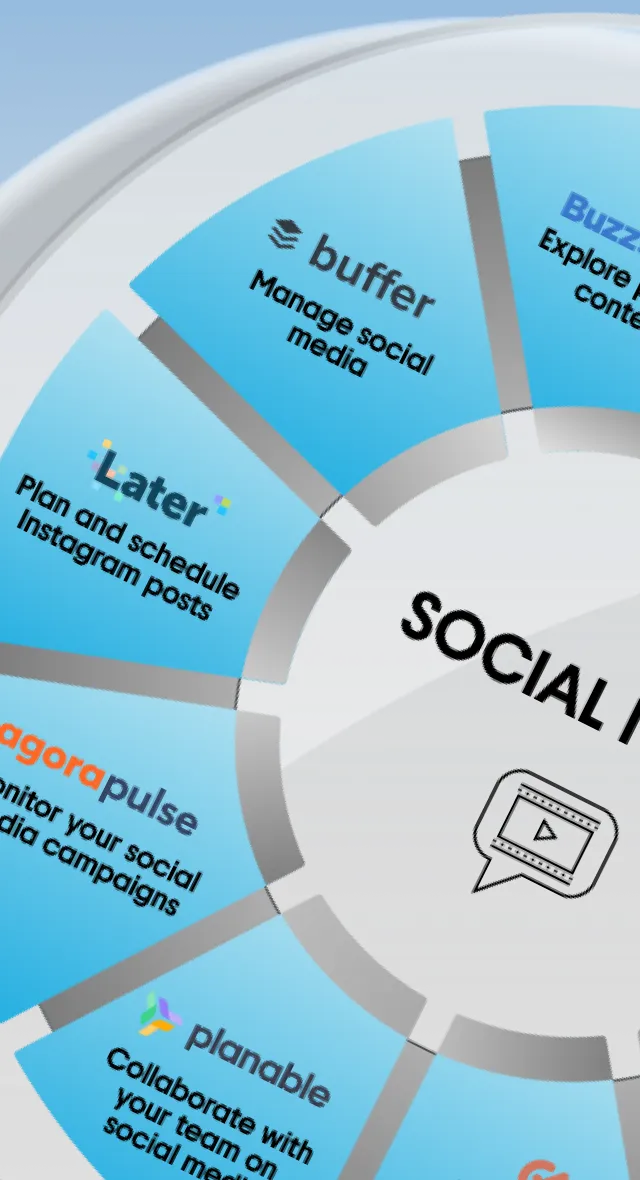Generating Music with AI: How it Works
Are there any limitations to technology? Not too long ago, the answer would be yes. While machines have been easily replacing people in manual labor or complex calculations, they were always thought to be unable to use creativity. Emotions and imagination were considered to be exclusive only to the human experience. Yet, modern AI advancements showed that it has the emerging potential to go to the next level and take on the creative industry, including music production.
By using deep learning techniques, AI technology, in a way, can compose music that goes beyond imitation. Although it’s just started to gather pace, AI-generated music is already among the current creative trends. With modern AI music generators freely available online, everyone can use them to come up with new musical ideas or even create full-fledged tracks. From classical music to modern experimental sounds, AI can generate it all.
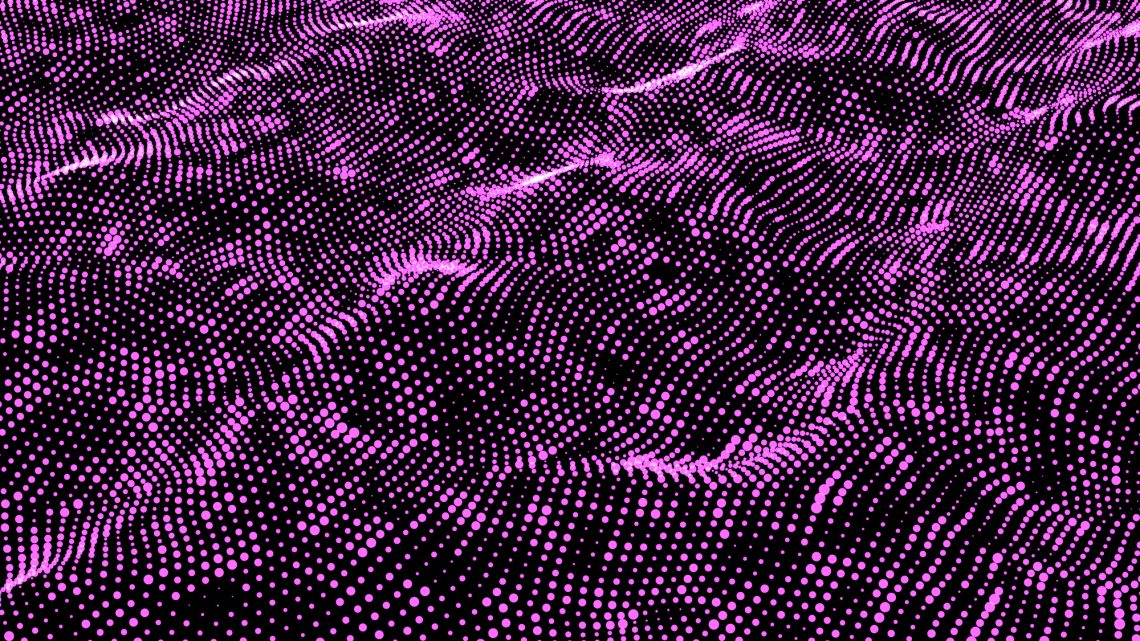
What is AI-Generated Music?
Today, Artificial intelligence is widely used within the creative industry. It can easily generate countless images, text fragments, and musical compositions — while some are a bit absurd, they can still provide some inspiration for creatives. Using deep learning networks, AI simulates the work of the human brain and how it deals with new information. To generate something, AI needs to learn from large amounts of data. Thus, for AI to generate a music composition, we need to provide it with sets of songs, melodies, and beats it can analyze.
When we say AI learns from a large amount of data, you probably don’t realize how large — it’s tons of music, from current pop hits to rock classics. AI learns all the properties of different music, from the tempo to the chords, which sometimes allows it to create its own tune that is completely unique. Of course, it all depends on the generating platform you are using.
Historical Throwback
The first-ever machine-generated composition was made decades ago, not by a composer, but by computer scientist Alan Turing. In 1951 he programmed a gigantic computer to play musical notes, becoming one of the pioneers of computer-made music. You can listen to the digitalized recording on SoundCloud thanks to New Zealand scientists who restored the original version.
From then on, the concept was around for some time, but not broadly used. It was present until the mid-90s, which is when Dawid Bowie co-created Verbasizer, an app for generating lyrics by combining words and meanings. He was one of the first widely known musicians to use AI in the music-making process.
Today, AI-generated music is more popular than ever. In fact, there are special song competitions that feature compositions written by AI or with its help. In 2021, the AI Song Contest gathered musicians and scientists from around the world to choose the perfect AI-generated composition. Check out the amazing beat of the winning track Listen To Your Body Choir by M.O.G.I.I.7.E.D on SoundCloud.
How hard is it to create?
Now, we have a lot of software for generating music freely available online. Some of them require basic coding and music production knowledge, and others are easy to operate without a background in developing or composing. You can just type a genre, instrument, or mood, and AI will craft a sample specially for you.
Needless to say, AI most likely won’t be able to create a masterpiece for you. If you want a top-notch song, you have to sweat it out. Yet, most AI music-generators allow you to edit the output to give it a slightly different shape, so you choose to customize the sample or just leave it as is!
With AI music generators, you can create samples in seconds. You can use them in your art projects, social media campaigns, or become a Depositphotos contributor by uploading your tracks to our powerful library.
Top 5 AI-music generators
AIVA
Ecrett Music
ORB Composer
https://www.youtube.com/watch?v=j92YO4Cl5OQ&ab_channel=OrbPlugins
Algonaut – Atlas 2
Soundraw
What does the future of AI-generated music hold?
Although AI technology is gradually changing the creative industry, AI-generated music still hasn’t revolutionized composing. Computers aren’t that independent in the music realm and are a long way from making award-winning songs on their own. Maybe, one day it will be as usual as sampling today, but we’re far away from that.
However, AI music generators proved helpful in suggesting unexpected music combinations and boosting creativity in new ways. It is also one of the cheapest ways to create compelling music for your projects, social media campaigns, or personal art practices. With AI music software, the music creation process is now open to everyone — you don’t need a studio and expensive equipment, just a laptop and some time for practice.
Yet, there is also a tricky aspect. Modern AI technology keeps advancing. That’s why it gets harder to understand the details of its work. We input some information and then wait for the results, but we don’t quite comprehend what happens inside AI generators. For this reason, some scientists warn us of possible adverse effects we can’t foresee. Even so, we can still leverage AI technology for good.
To sum up
Although AI music generators are not all-powerful tools for making music, they can still help creatives channel their imagination and develop new ideas. AI music generators normalized the composing process, making it easier and more available. It created a new market of computer-created music, which is gradually changing the creative industry. We don’t know what the future of music-making will be, but AI-generated music will be a part of it.
Here are some other articles you may be interested in:
Creative Trends Guide 2022: Merging the Future and the Past
What Opportunities Does The Metaverse Open for Business? NFT Auctions and Virtual Stores
